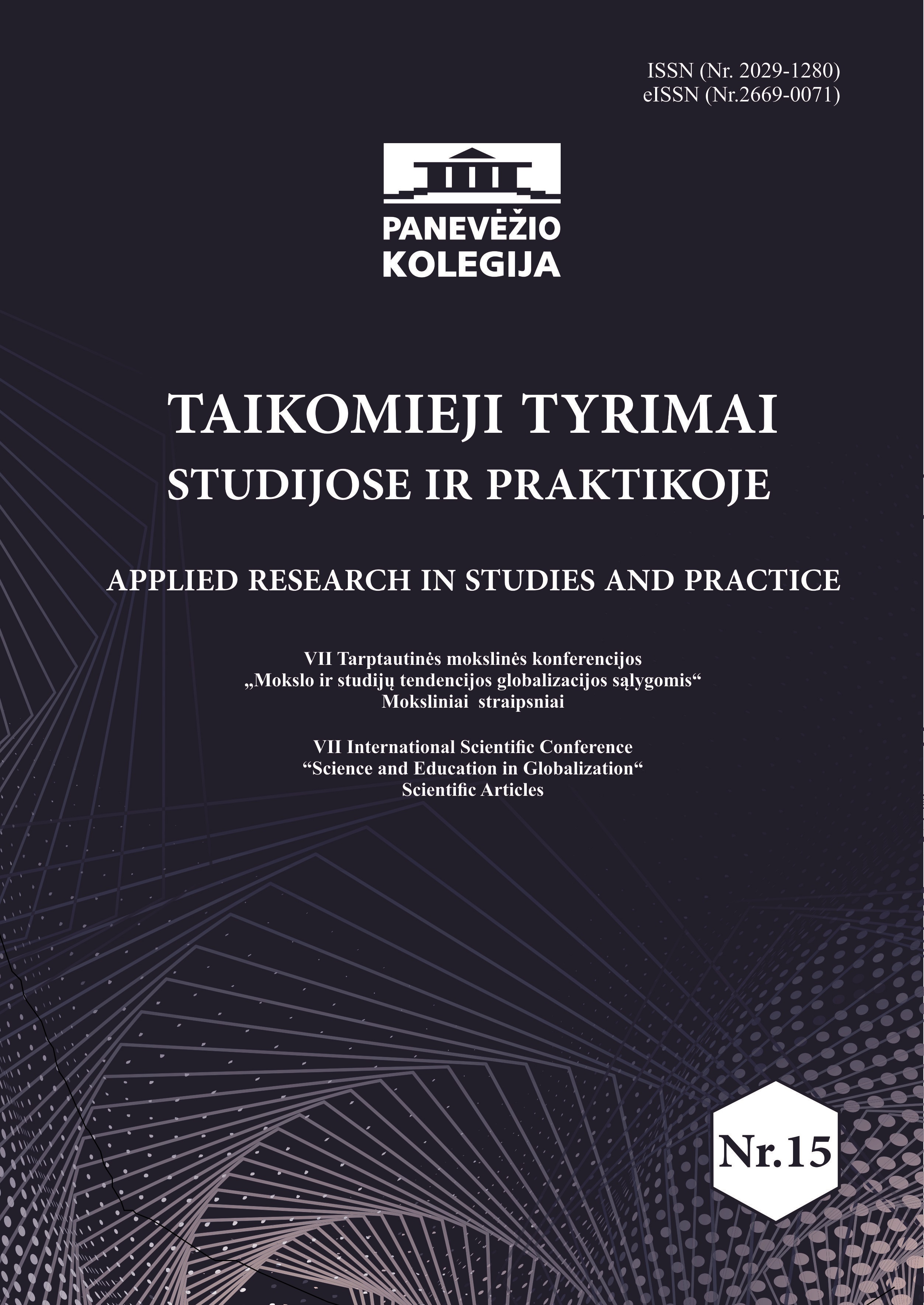VIRTUAL LEADERSHIP IN INTERCONTINENTAL PROJECTS: A CASE STUDY OF THE UNIVERSITY OF SANTIAGO LMS PLATFORM AS AN EDUCATIONAL STRATEGY
VIRTUAL LEADERSHIP IN INTERCONTINENTAL PROJECTS: A CASE STUDY OF THE UNIVERSITY OF SANTIAGO LMS PLATFORM AS AN EDUCATIONAL STRATEGY
Author(s): João Samartinho, Ricardo São JoãoSubject(s): Education
Published by: Panevėžio kolegija
Keywords: intercontinental;e-Learning;blended-Learning;Leadership;Learning Management Systems;
Summary/Abstract: The implementation of a Learning Managment System (LMS) platform as a support to the course units of the degrees held at the University of Santiago (US), in Cape Verde, acts both as a project and an intercontinental challenge of educational and pedagogical exploration resources. At the same time it is an enhancer and bounding element of the education in an insular country formed by ten volcanic islands in the central region of the Atlantic Ocean, 570 kilometers from the western African coast. Due to the geographical dispersion of students, teachers and skilled technicians, distance teaching plays a major role in training, preparing an updating new professionals in different and diverse fields offered by the US. The implementation of an LMS platform project, which began in 2017 settles in a protocol of cooperation between two higher education institutions: the Polytechnic Institute of Santarém (IPSantarém) in Portugal and the University of Santiago located in the Santiago Island in Cape Verde. The project consists on development and personalization of a LMS platform to support teaching (degrees and masters) in e-Learning and blended-Learning models. Regarding the stages of conception, implementation, operationalization and development of the US LMS platform, the priority is bringing institutions closer by fostering bonds of cooperation, a growing and consistent trust based on effective dialogue supervised by technical teams that promote the training of teachers and IT staff by exploring e-Learning and blended-Learning environments present in the platform. To enhance success the project adopts a model based on the role of the virtual leader (e-Leader) and his virtual work teams using specific IT tools. This model called “Model for the perception of the specific e-leadership skills and features in learning management systems environments” was suggested by Samartinho (2014) for global projects with characteristics and technical constrains identical to the ones here presented. The model used in this project is now expected to be adopted in future projects involving institutions from Africa, America and Asia where Portuguese is an official language.
Journal: Taikomieji tyrimai studijose ir praktikoje
- Issue Year: 15/2019
- Issue No: 1
- Page Range: 55-60
- Page Count: 6
- Language: English

